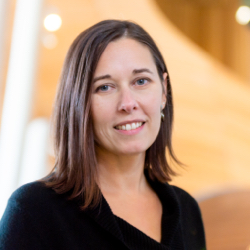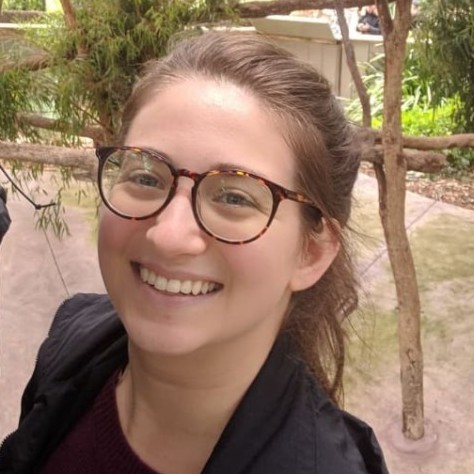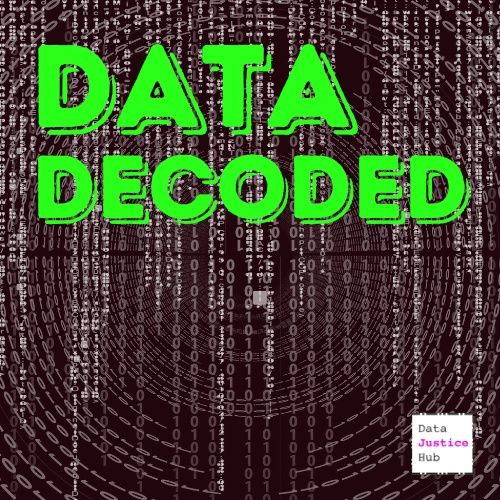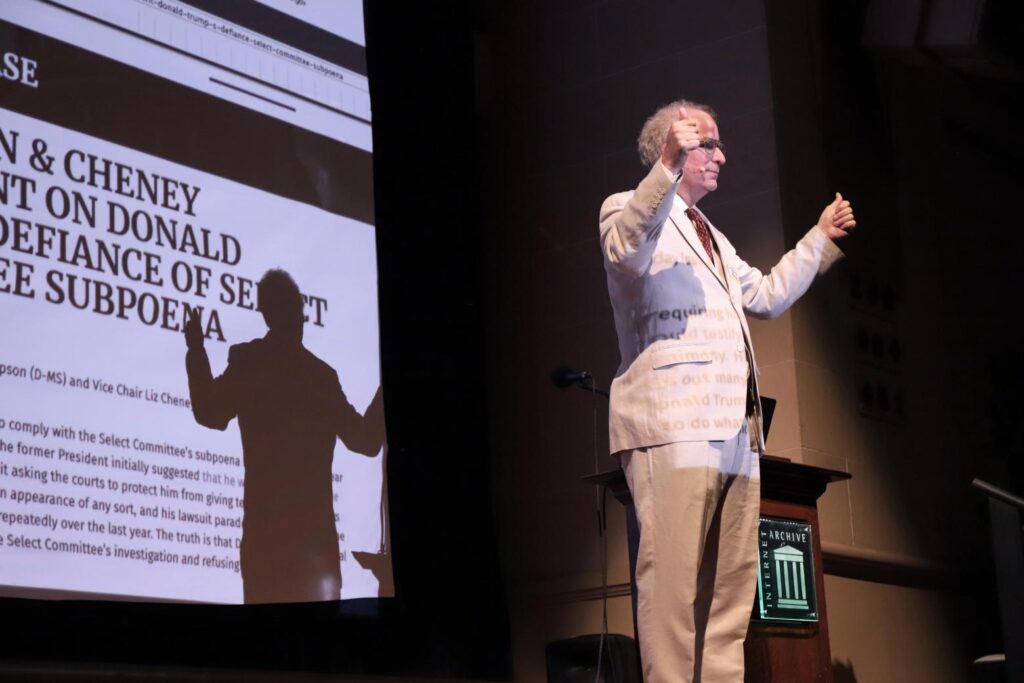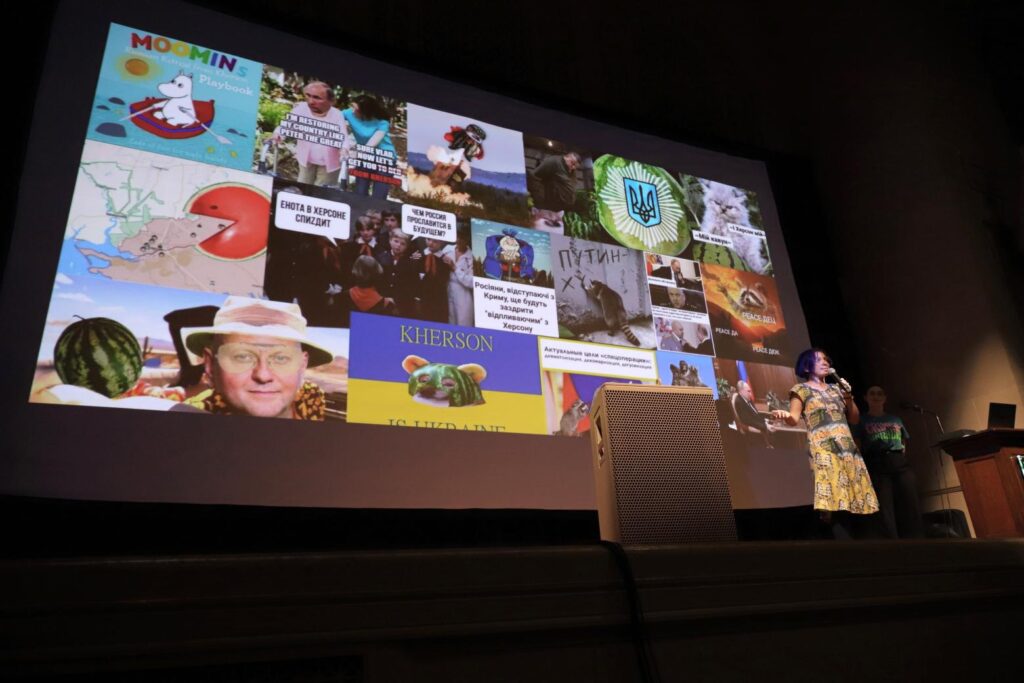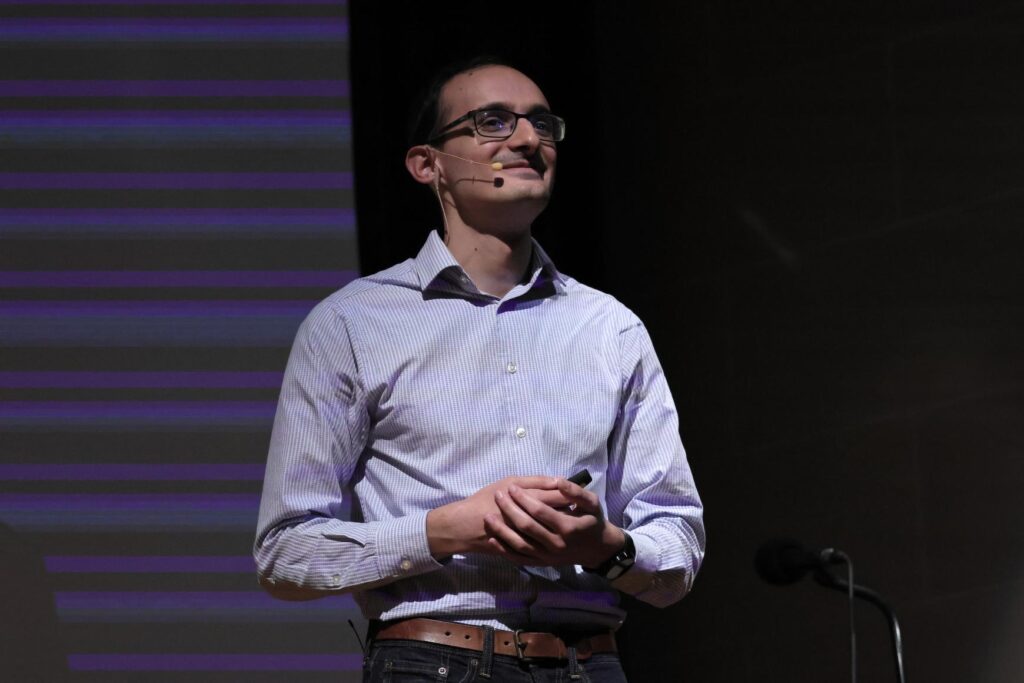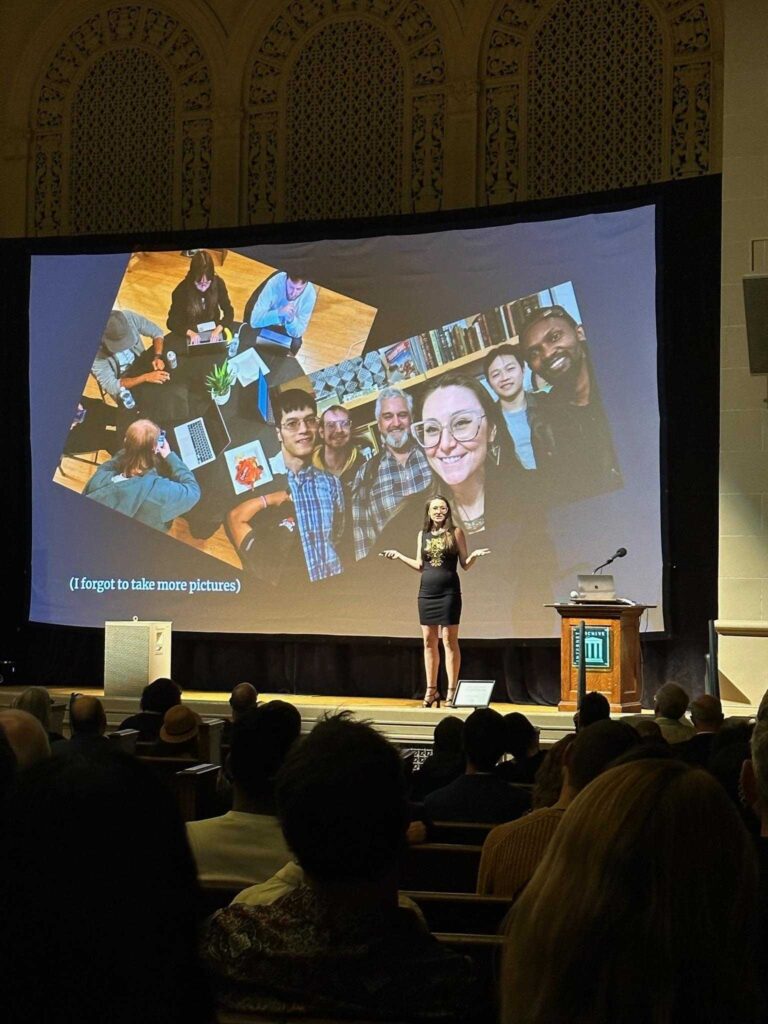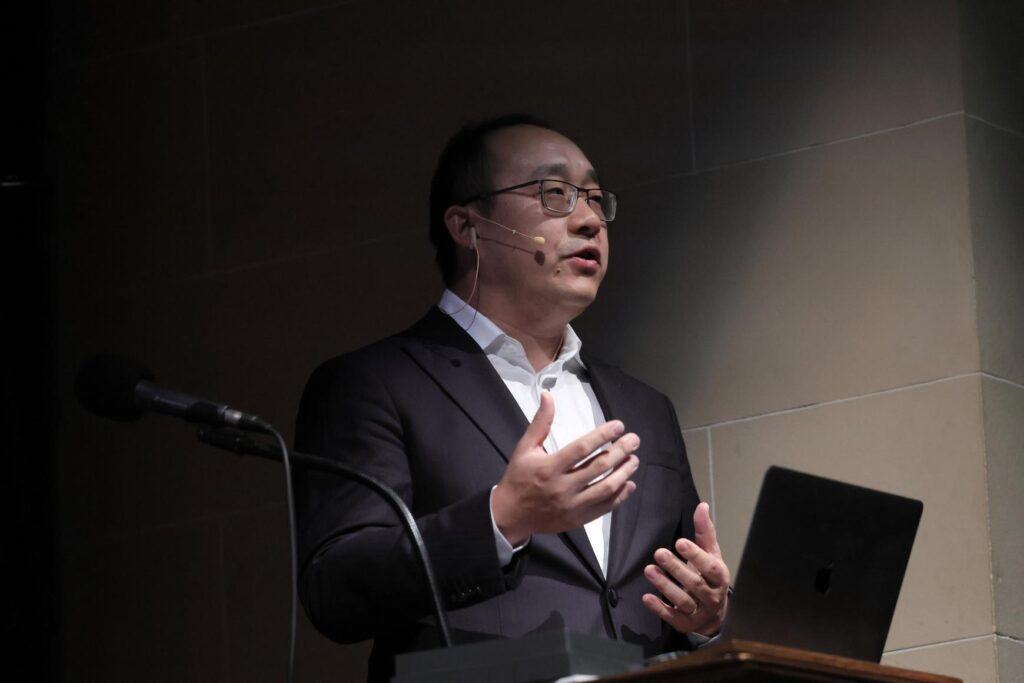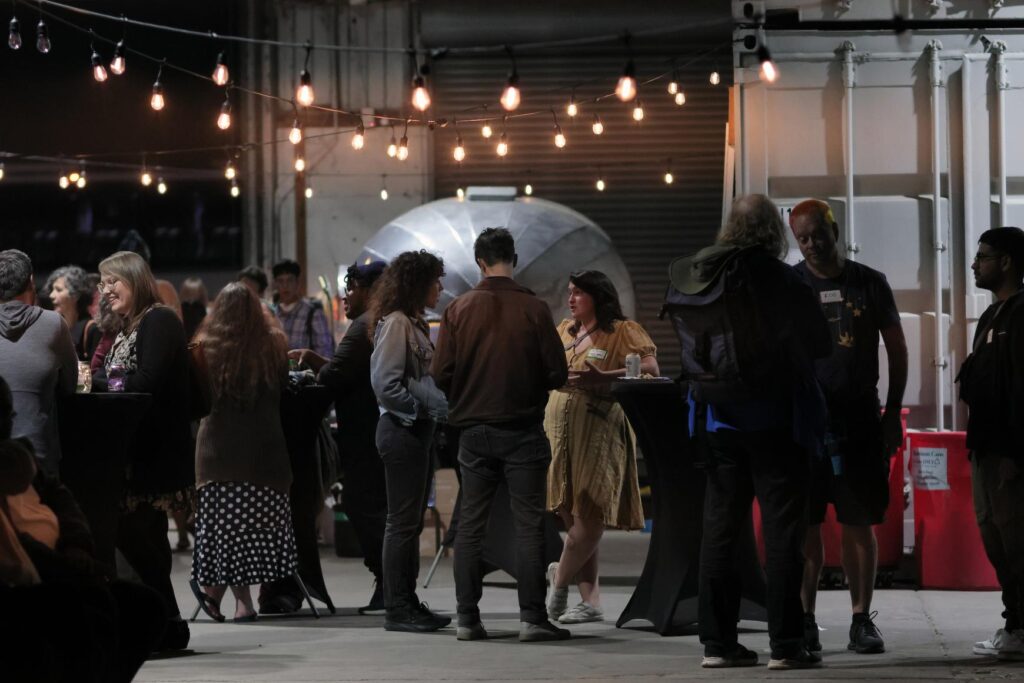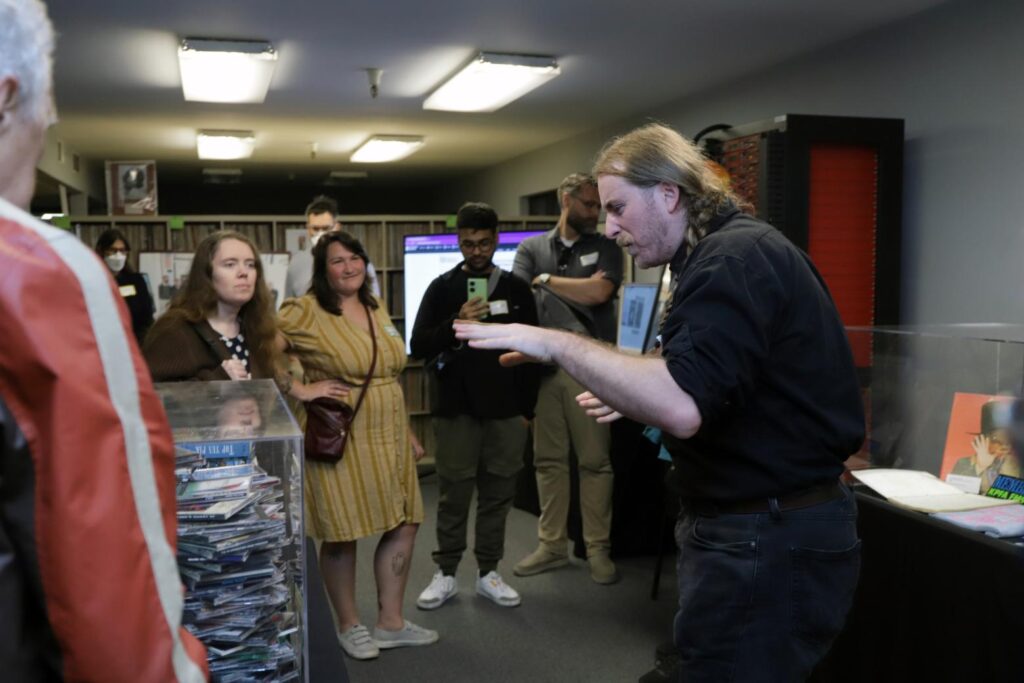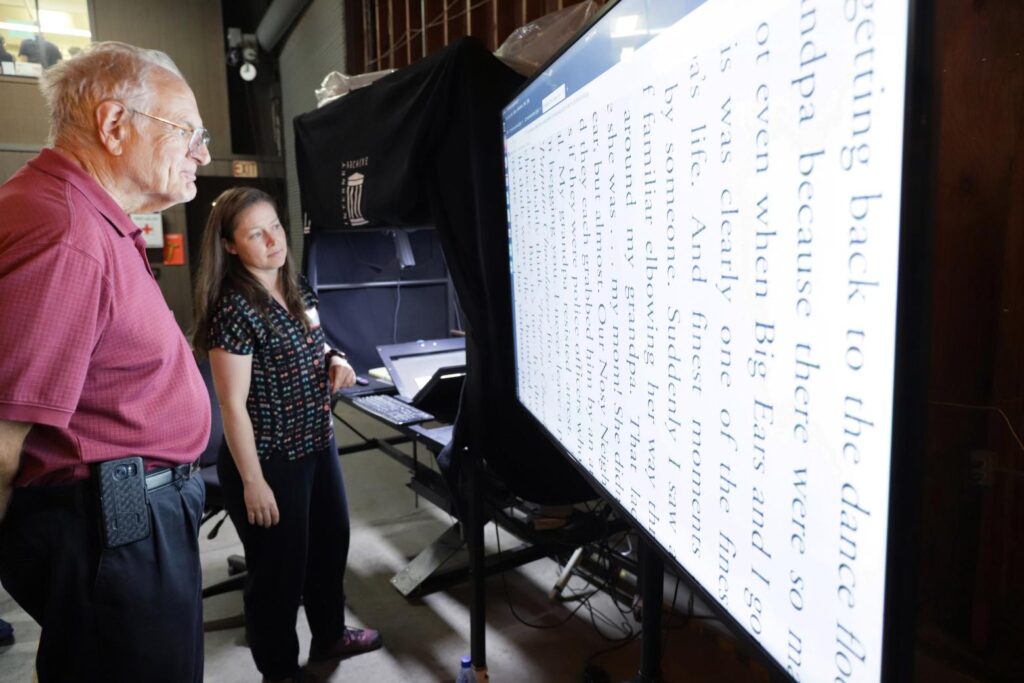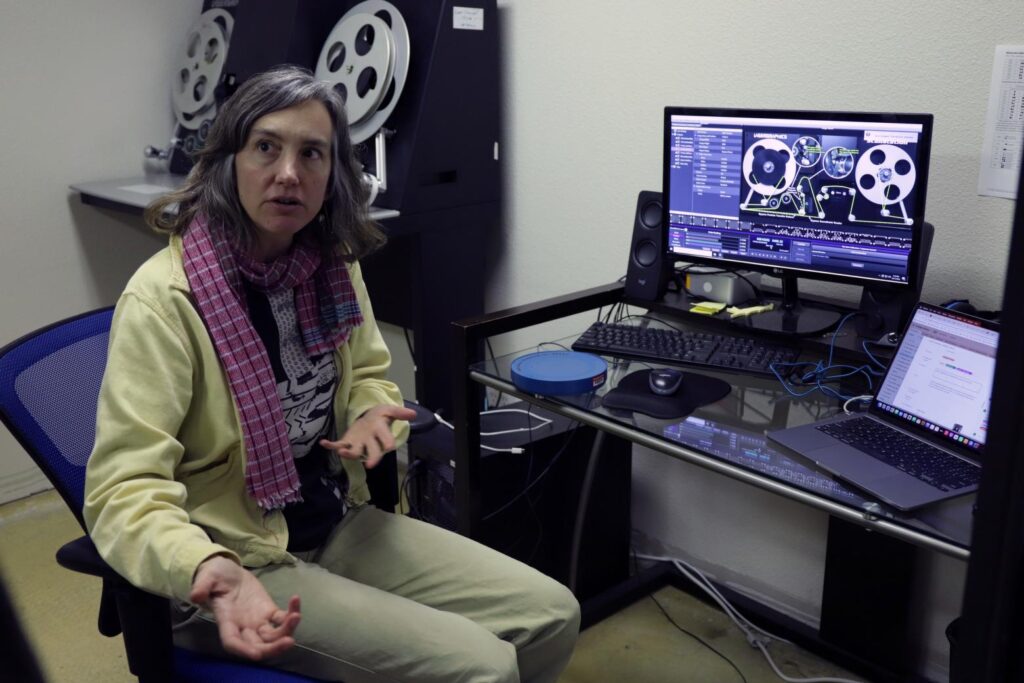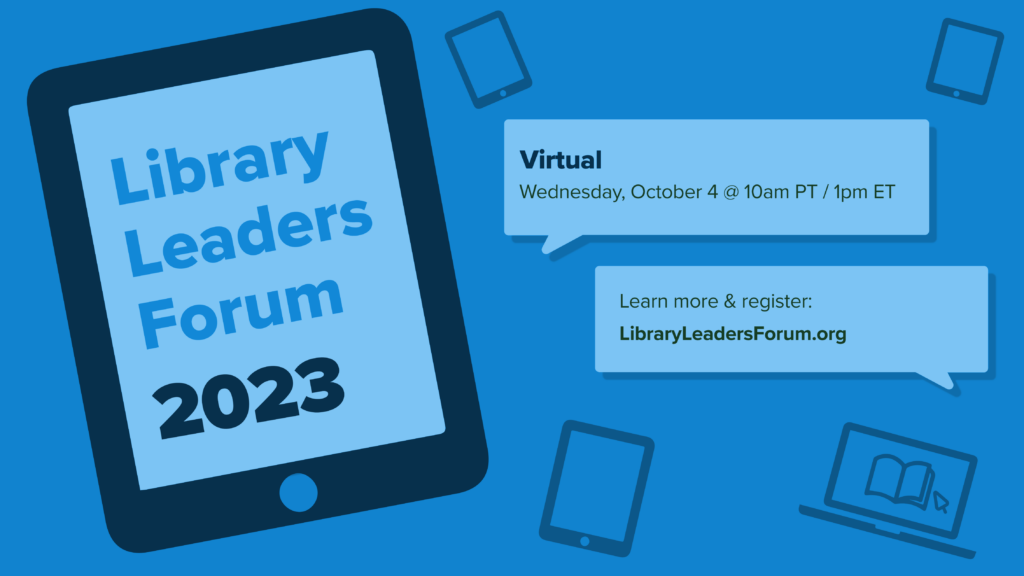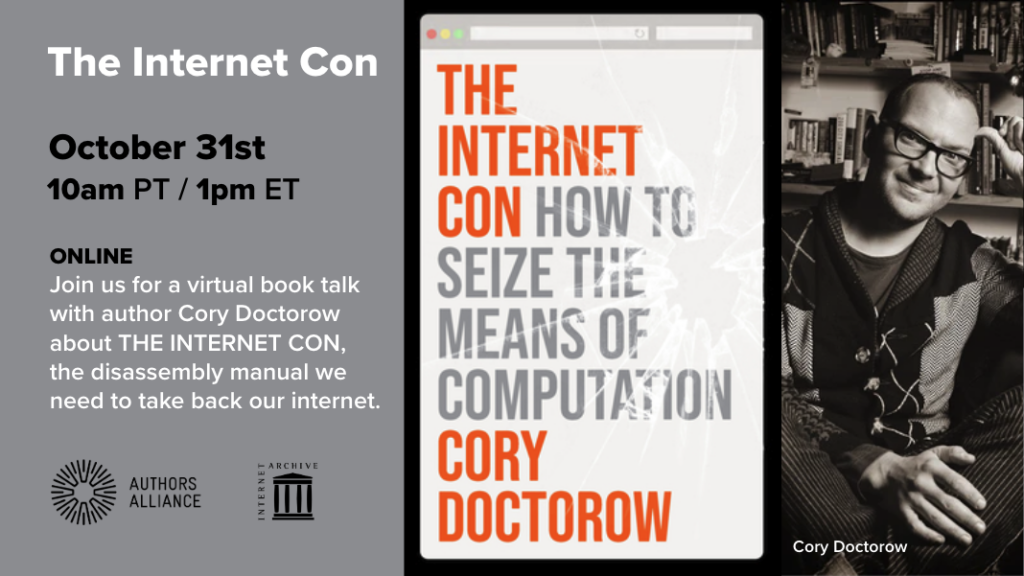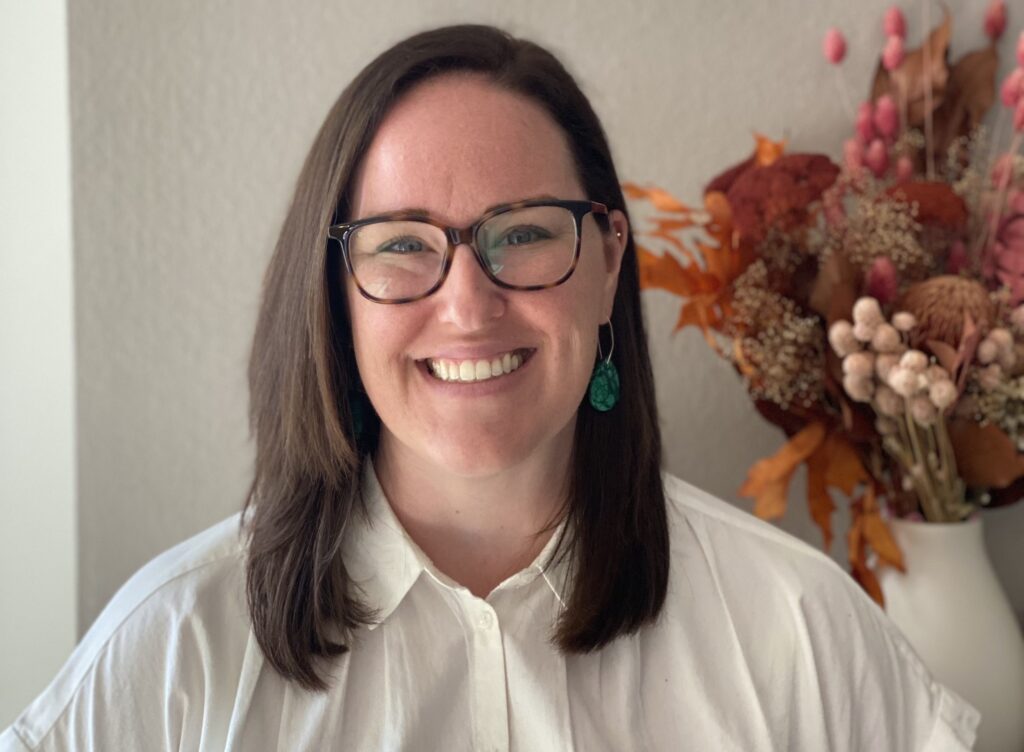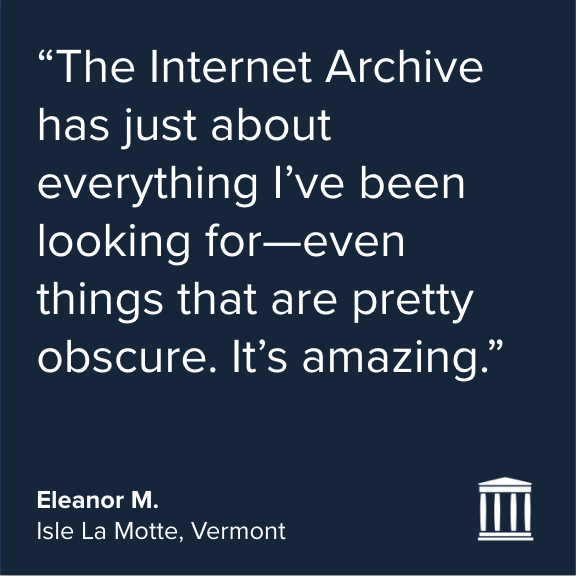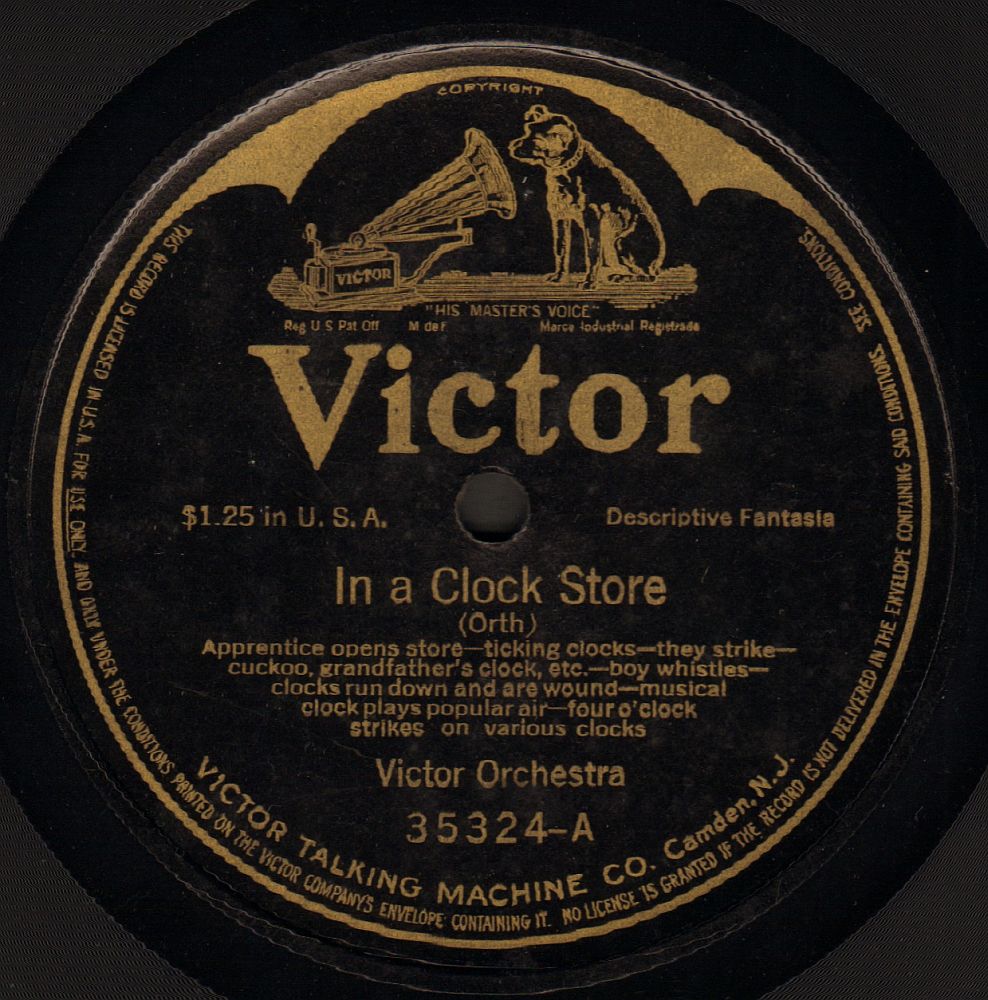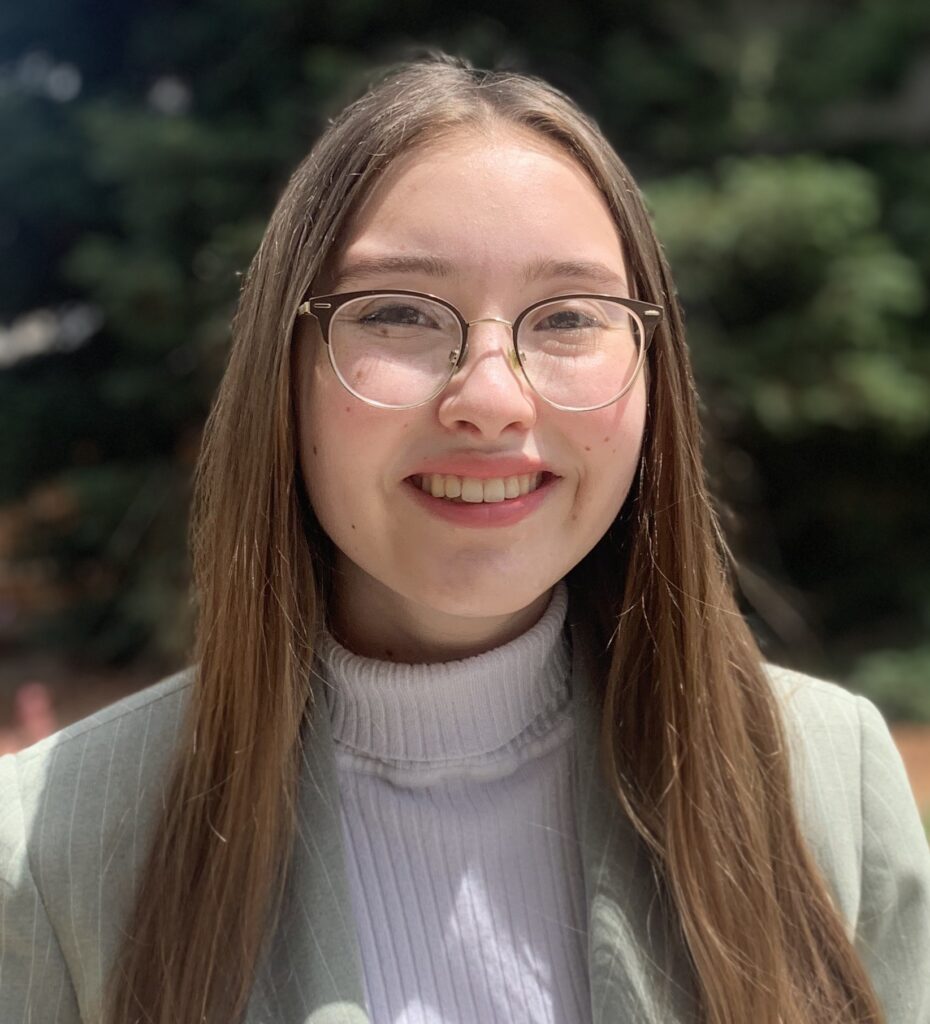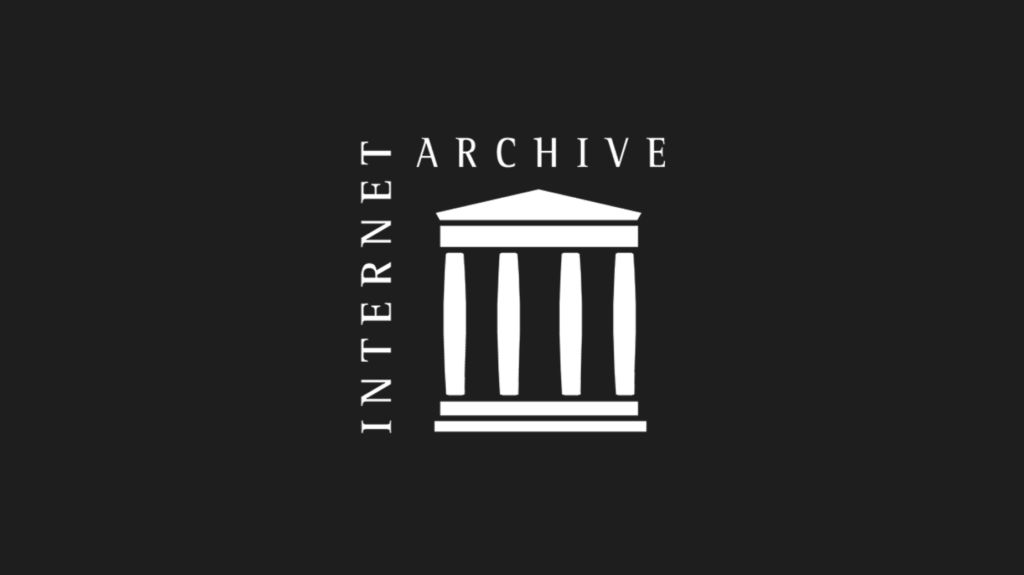Libraries around the world were forced to shut their doors in the spring of 2020 during the start of the COVID-19 pandemic. Temple University Libraries was no exception. While the Philadelphia institution’s physical buildings were closed, librarians got creative about how to remain open to students, faculty and staff.
It was all about getting users connected with digital material. Library staff worked together to develop a simple new service—they added a “Get Help Finding a Digital Copy” button to their library catalog. When searching for resources in the library catalog, users can click on the button to request assistance finding a physical item in digital form, which creates a help ticket for library staff to field.
Within the first week of the button launch in April 2020, there were about 350 requests. Since then, the requests have surpassed 9,000.
“Our popular service helps users get access to resources they need quickly without economic hardship, and without having to travel to campus,” said Olivia Given Castello, a social science librarian and unit head in Temple Libraries’ Learning & Research Services department, who helped create the new service.
Temple relies on a variety of sources for its digital requests—including the Internet Archive. “It’s a valuable resource through which we help Temple library users find digital copies of inaccessible or inconveniently accessible items in our physical collection,” Given Castello said of the Internet Archive’s ebooks available through controlled digital lending (CDL).
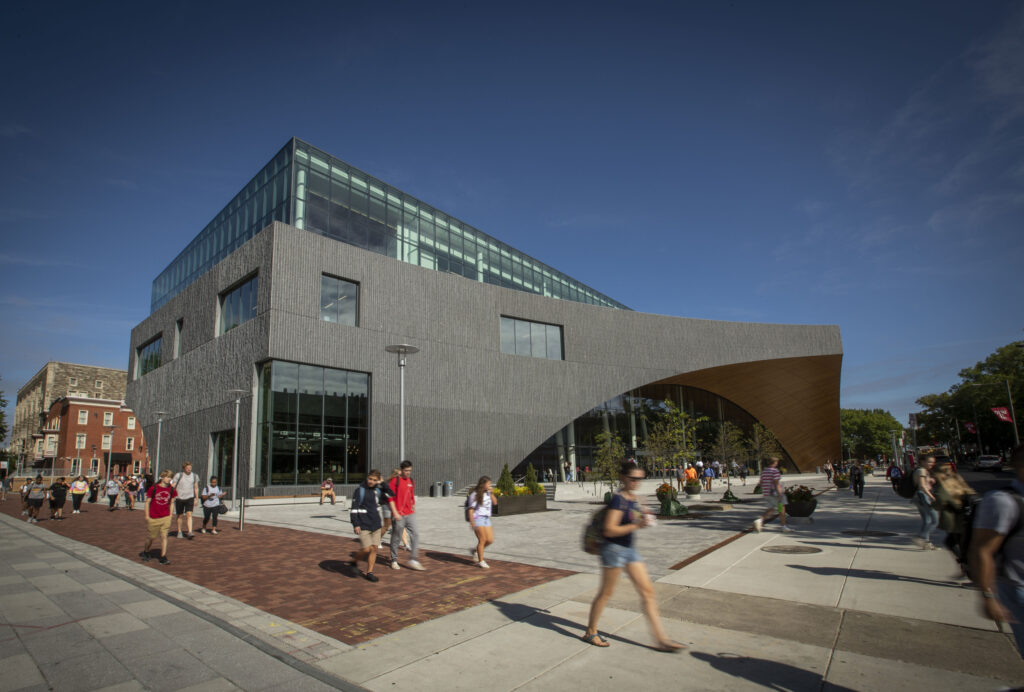
For a large research university, Temple’s library collections’ budget is modest, and it has been challenging to keep up with the rapidly rising costs of journals and monographs given the static library budget in recent years. Additionally, there are ebooks that the libraries are unable to provide. Commercial publishers want to maximize profits gained from ebook sales to individual students, so unlike with print books, there are many ebook titles they refuse to sell to libraries, or refuse to sell with adequate user licensing. Based on past requests, we estimate that just under 20% of the digital items that Temple finds through its new service is in the Internet Archive collection, said Given Castello.
“Our library serves a diverse user community that is socio-economically disadvantaged relative to those at many other R1 U.S. research universities,” she said. The R1 designation indicates a university that grants doctoral degrees and has very high research activity; the list of 146 institutions so designated include the wealthiest private universities in the U.S. “Our users’ ability to access ebooks through the Internet Archive’s controlled digital lending eases financial strain on them.”
“The actions of commercial publishers have put the academic publishing model at risk, pushing the boundaries in ways that prevent libraries from serving the role in society that they need to” Given Castello said. “We’re trying to cope with that. Services like the one we set up, and controlled digital lending for borrowing ebooks from Internet Archive are important in this challenging landscape”
“We can’t let commercial publishers’ short-term shareholder profits take such precedence that they get in the way of equitable access to information.”
Olivia Given Castello, academic librarian
Given Castello wrote about the Temple experience in Supporting Online Learning and Research: Assessing our Virtual Reference Activities and Get help finding a digital copy: A pandemic response becomes the new normal.
“For any university that has a student body with significant economic challenges, organizations like the Internet Archive are just so important in helping make knowledge and information accessible to everyone, regardless of their economic privilege,” Given Castello said. “Libraries exist, in part, so that getting access to the information you need is not dependent on your personal wealth. Inequity of information access is bad for individuals and for society as a whole.”
If legal action were to diminish or shut down CDL, Given Castello said it would be “detrimental” to the university’s service.
She added: “We can’t let commercial publishers’ short-term shareholder profits take such precedence that they get in the way of equitable access to information. Eventually, that will have a long-term negative impact on knowledge creation, which hurts our society, companies, and the economy as well. Sometimes you have to think of the greater good.”
